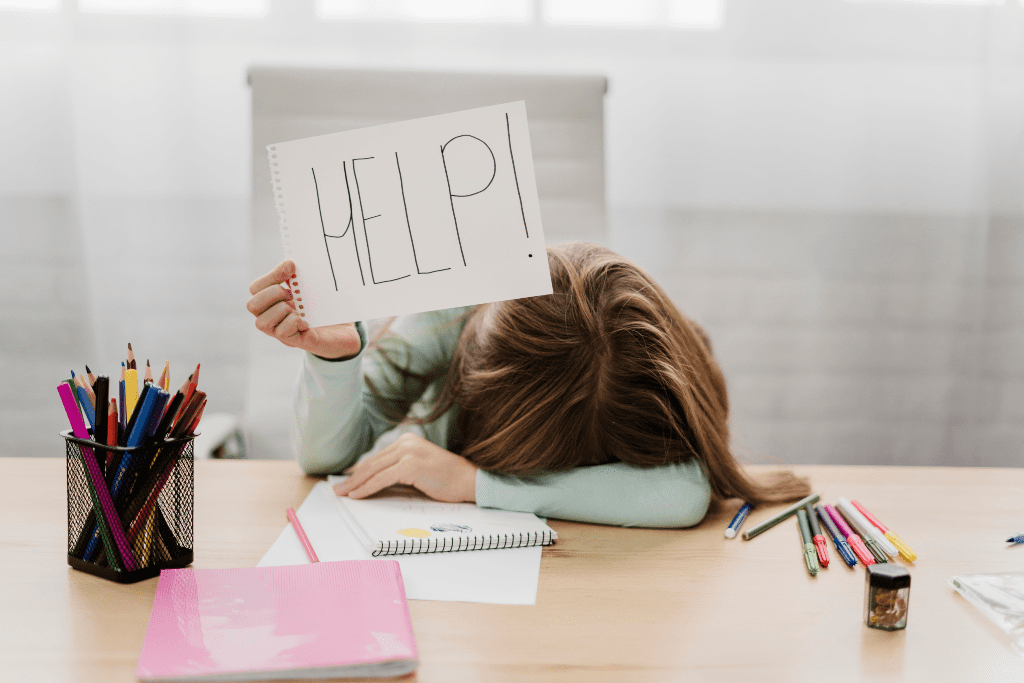
Some stress is good and normal. When positive, it boosts energy and attention.
But when you feel like you’re about to snap? – That stress is negative. When stress is chronic and excessive, it can spike blood pressure, lower your body's immunity, and lead to sleep problems.
In recent years, self-reported stress has skyrocketed. Nearly 75% U.S. adults say they are stressed and that stress has negatively affected their behavior. Stress isn’t technically a disease, although it can have lasting effects on an individual’s mental health. It is a response. Specifically, it’s one of the body’s natural physical, mental, and emotional reactions to an external stressor.
What Causes Stress?
When the body faces a perceived threat, stress levels rise and hormones like cortisol, epinephrine, and norepinephrine are released to increase alertness, tense muscles, and heighten blood pressure. This is the evolutionary “fight or flight” response. But in most cases, the cause of stress isn’t a physical attacker, so it can result in headaches, extended muscle tension, lack of sleep, indigestion, and other symptoms.
Stress manifests in different ways, unique to each individual. Once a source triggers stress, various symptoms emerge unless the person uses effective coping skills to manage the problem. The most common symptoms of stress and the percentage of people who experienced them include:
Irritability and anger
Fatigue or low energy
Lack of motivation or interest in things
Anxiety, nervousness or worry
Headaches
Feeling sad or depressed
Indigestion, acid reflux or upset stomach
Muscle tension
Appetite changes
In the moment, it might feel like stress is an annoyance that comes and goes with certain events. But it can leave an immediate and prolonged impression on a person’s mental and physical well-being. The short-term physical symptoms of stress include headaches, muscle tension, fatigue, elevated heart rate, upset stomach, and trouble sleeping. Mental health symptoms include irritability, restlessness, and lack of focus.
In the long run, consistently high levels of stress can cause depression, anxiety disorders, gastrointestinal problems, and weight gain. Prolonged stress has even been linked to heart disease.
Stress & Hydration
Sufficient water intake is important every day, of course, but it's even more critical to sip when you are stressed. A faster heart rate and adrenaline rush sets off a stress-cycle in your body that, over time, can be damaging to your health, and is even associated with increased risk for conditions such as diabetes, obesity, and cardiovascular disease.
The relationship between hydration and stress is well documented. Basically, when you're dehydrated, your body is stressed, and when you're stressed your brain releases stress hormones, setting off a chain reaction of the stress response in your body. Research from the University of Cincinnati and published in the Journal of Neuroscience concluded that how hydrated you are determines how well your body (and your mind, and therefore emotions and behavior) handles stress. Research published in the World Journal of Psychiatry found that drinking plain water leads to decreased cases of depression and anxiety, both stress-related conditions.
The brain is 75 to 85 percent water, and even a 2 percent dehydration can result in fatigue, impaired memory, and difficulties with attention and mood.
Some studies have shown that mindfulness meditation has moderate evidence to improve anxiety and depression, and others showed that yoga can reduce stress, anxiety, depression, and more.
A 2020 study also found that spending at least ten minutes outdoors can help reduce the mental and physical effects of stress.
A 2014 study on regular exercise noted its positive effect on emotional resilience. Regular exercise is a popular way to relieve stress. Twenty to thirty minutes of physical activity benefits both the body and the mind.
Consider these tips and what will work best for you. It may be helpful to make a list of actions you can start to implement to help control your stress. Consider speaking with your physician to make an action plan.
Want to learn more? Check out the links below for more helpful resources!
Stress Relievers
Practicing Mindfulness
Mindfulness is not a technique, it's a learned skill of being fully in the present moment. Just like learning to ride a bike, it takes practice to find your balance.



